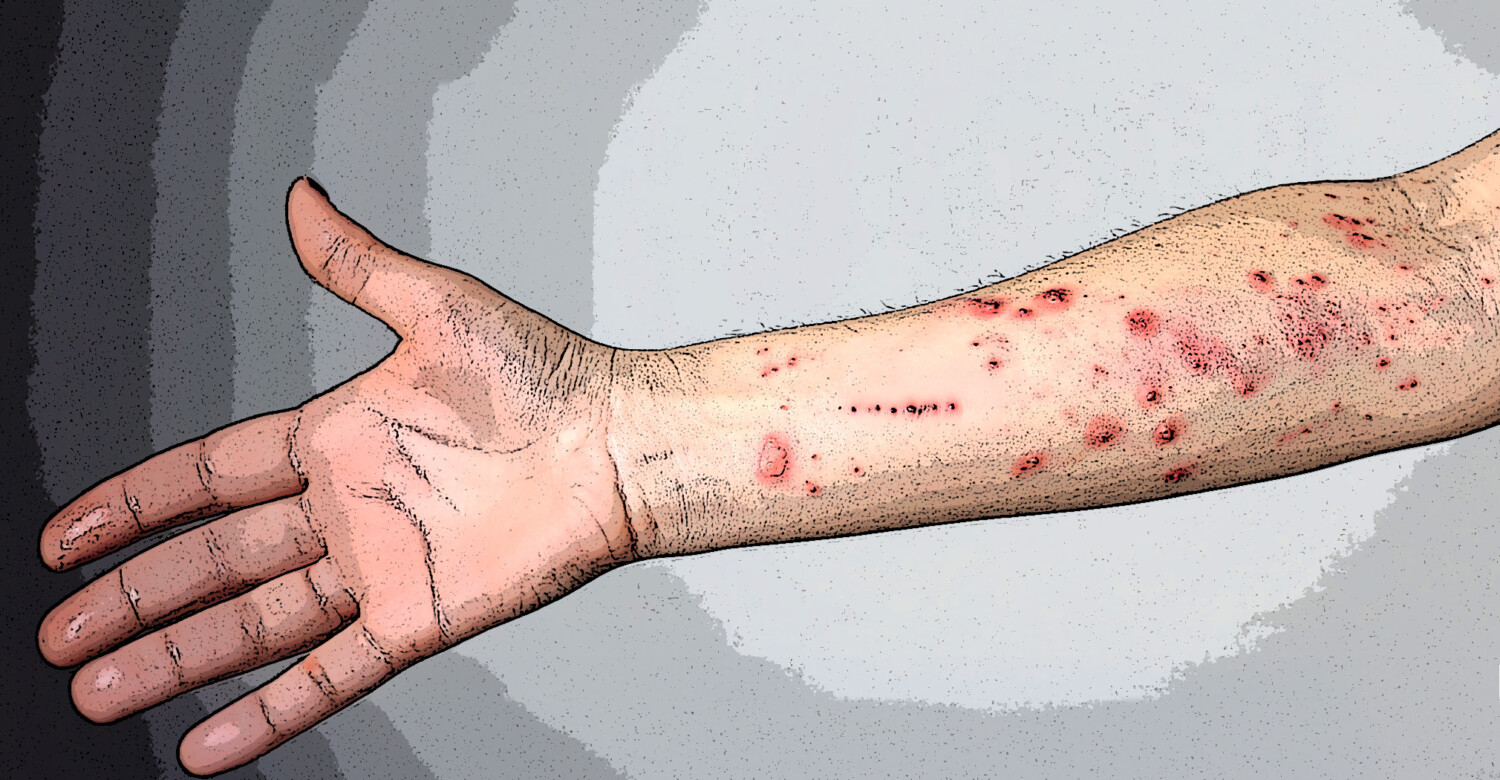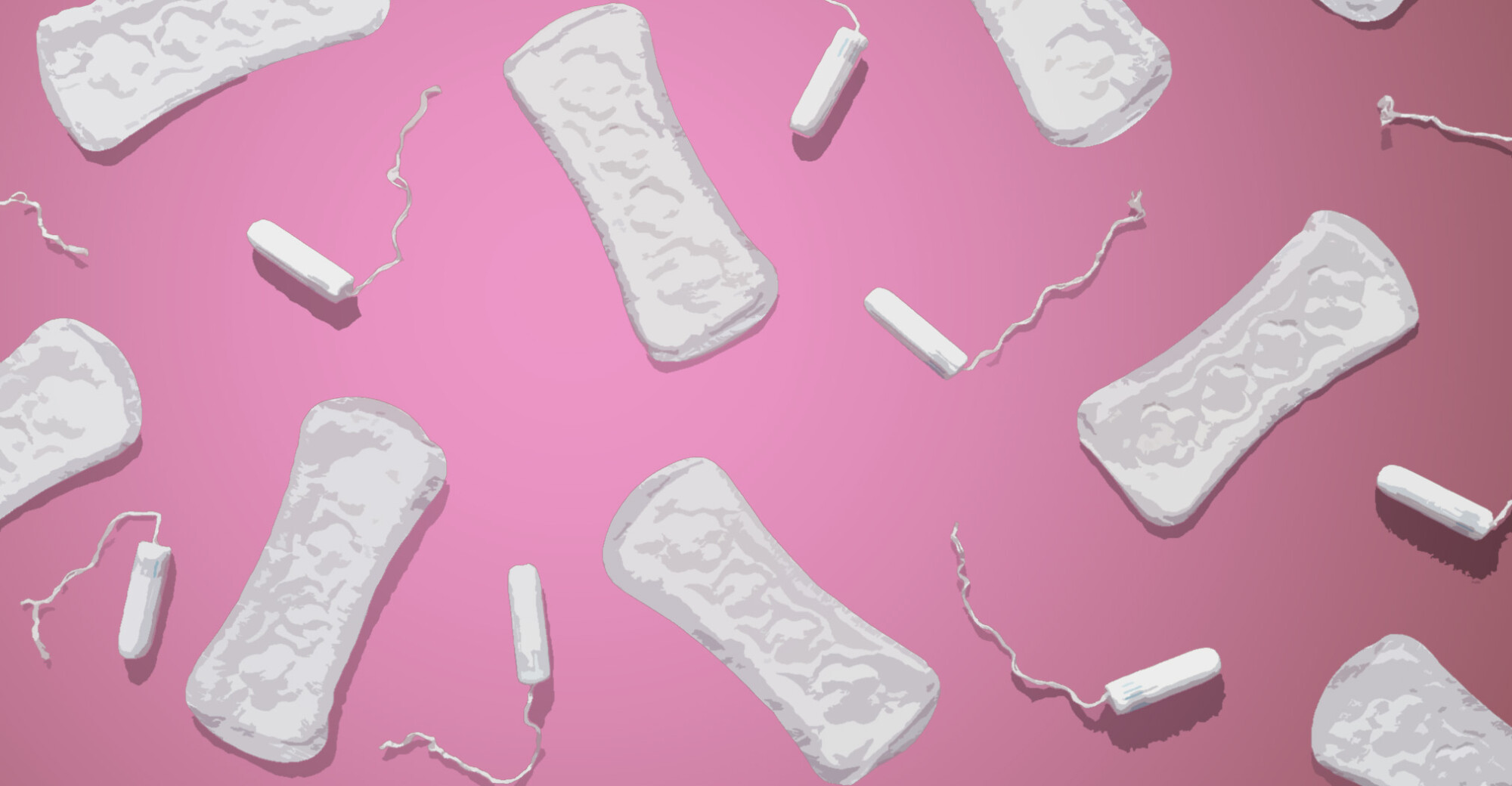
Best Reader Tips of 2025
Consumer complaints worth remembering.
A rash of lawsuits allege companies are misleading consumers.
The FDA warns that there is no federal definition for the marketing term “hypoallergenic.”
“The term means whatever a particular company wants it to mean,” the agency says.
And according to a trend in class-action lawsuits, “hypoallergenic” is so meaningless that products labeled with the term can actually contain allergens.
The lawsuits, including five filed in the last two years, come amid growing demand for sensitive skin care products formulated with hypoallergenic and non-irritating ingredients
A lawsuit filed last month against the maker of Aquaphor “healing ointments” for infants and children alleges that despite marketing the products as “hypoallergenic” on the front label, they contain the allergen lanolin alcohol.
Lanolin is not recommended for use on infants under two and is not recommended for use by those with damaged skin because both increase the chance of users developing an allergic reaction, including allergic contact dermatitis (“ACD”) that can cause skin to become red, itchy, dry, cracked, scaly, blistered, swollen, burning or tender.
The named plaintiff in the class-action complaint is a mother who claims her infant daughter’s diaper rash “improved significantly” when she stopped using the Aquaphor product. The lawsuit is pending.
The same law firm that filed the case against Aquaphor is also suing Albertsons over the grocery chain’s marketing of a body wash for sensitive skin as “hypoallergenic.” According to the complaint, which is also pending, the product contains the allergens methylchloroisothiazolinone, methylisothiazolinone and cocamidopropyl betaine.
A lawsuit brought by a different law firm in 2024 against Hello Bello over its “hypoallergenic” baby and kids shampoo and body wash resulted in a settlement in July 2025, though the details of the settlement were not disclosed.
It’s not just skin care products at issue in these lawsuits. Complaints accusing companies of making false hypoallergenic claims have also been filed against the makers of dish and laundry detergents, cleaning products and even mattresses.
Find more of our coverage on hypoallergenic claims.
Consumer complaints worth remembering.
A deceptive marketing trend takes root.
How negative feelings surrounding menstruation have influenced period product marketing.


